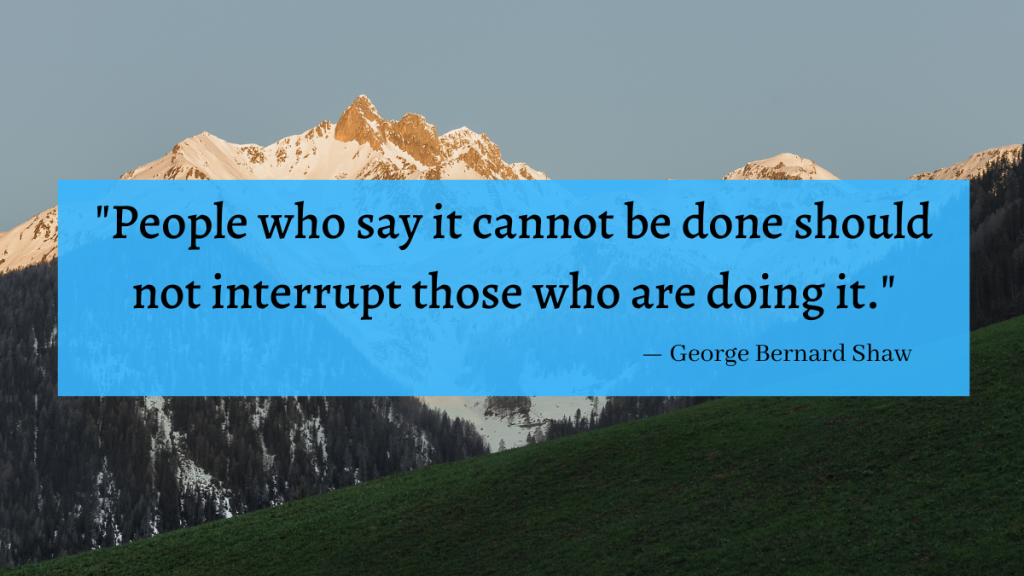There have been many moments along my mental health journey where I’ve felt like I’ve failed. I don’t quite know how I’m failing or in what way, but I feel that I am. There’s a sense of impending doom, a fear that I am not living up to my potential, that I’m not accomplishing enough. Enough what? you might ask. To be honest, I don’t know what to tell you. This desire to be enough, to do enough isn’t only tied to what I’m hoping to gain. It’s also about what I’m hoping to avoid. There’s a fear of complacency about my mental health that I never want to test, and that is what I’d like to share today.
What does it mean to be complacent?
Complacency is a challenging word for me. It’s one of the many concepts that are difficult for a young person to grasp, despite how often people use the word. From what I could tell, I was trying my hardest at the things I tried growing up and avoiding complacency. I played sports, I tried my best in school and I tried to take something from the hobbies and activities I wasn’t as talented at.
But in those younger years, the idea of complacency never came up. It was when I was older that I heard adults talking about it, about the desire to to never settle. Complacency breeds failure, I was told. Being complacent will get in the way of winning. The fears of complacency were drilled into me as a teenager and young adult and I think these effects still resonate with me today.
I understand that there are plenty of areas in life where it’s not good to be complacent. That desire to strive and be the best at what we do is understandable. But what about in our mental health? What does it mean to be complacent with our mental health, and is that a good or bad thing?
What complacency means to me
Many of us have worked hard to get where we are with our mental health. It’s taken days, months and years of learning, understanding and trying to grow in ways that help us live healthier lives. We find what works and learn what doesn’t, but each new thing we learn is valuable. If I find something that works for my mental wellness, I want to build around it and make it part of my routine. I want my mental health to be as consistent as possible but given all I’ve been told in my life, that sounds eerily similar to complacency.
Maybe, just maybe, it’s not about complacency at all. It’s possible that mental illness can exacerbate my fear of complacency, or get in the way of it. I confuse a lot of things in life with anxiety and depression, and vice versa. It’s affected my relationship with happiness and joy, fear and panic. It’s changed how I see agitation and aggravation. But that’s okay. It’s all part of me. If I keep that desire to figure out my mental health challenges and move forward, I know I’m not being complacent. I’m simply doing the best I can with what I have which in my mind, is the opposite of being complacent.
Now, over to you! Do you have any sort of feelings about the word complacency? Is it a useful word in your life or (like me) do you struggle with it? Let me know in the comments!

One thought on “Mental Health and Complacency”